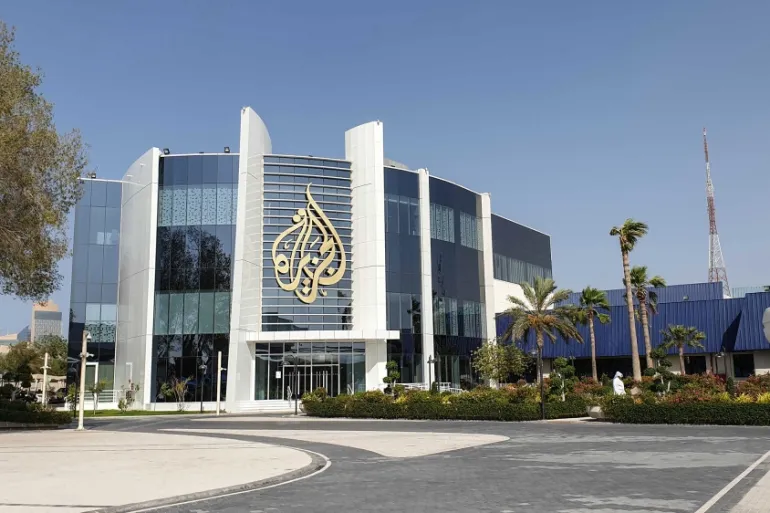On Sunday, Israel’s telecoms regulator extended the ban on Al Jazeera’s operations for another 45 days, citing national security concerns. This decision follows the government’s initial 35-day ban, which had been upheld by a Tel Aviv court last week. The initial ban ended on Saturday, and its extension marks a significant moment in the ongoing conflict between media freedom and national security.
Court Rulings and Legal Challenges
The Supreme Court of Israel, in a separate ruling on a petition filed by Al Jazeera against the closure, described the government’s measure as “precedent-setting.” The court has given the Israeli government until August 8 to justify why the “Law Preventing a Foreign Broadcaster from Harming National Security” should not be deemed void. This law has been the basis for the ban, and its scrutiny by the Supreme Court indicates the legal complexities involved.
Al Jazeera has argued in court that it does not incite violence or terrorism and that the ban is disproportionate. The broadcaster, known for its critical coverage of Israel’s military operations in Gaza, has maintained that its reporting is balanced and essential for informing the public. Despite these arguments, the court upheld the initial ban, and the broadcaster has not yet commented on the recent extension.
Government’s Stance on Security
The ban affects Al Jazeera’s broadcasts on cable and satellite networks as well as access to its websites within Israel. Communications Minister Shlomo Karhi defended the decision, stating, “We will not allow the terrorist channel Al Jazeera to broadcast from Israel and endanger our fighters.” He emphasized that the law grants him the authority to take such actions against foreign broadcasters.
Karhi also indicated that the ban might be extended further, reflecting the perceived ongoing threat to national security. “In light of the seriousness of the damage to the security of the state, I am convinced that the closure orders will be extended in the future as well,” he said. This stance highlights the government’s prioritization of security concerns over press freedom, a balance that has been a contentious issue in many democracies worldwide.
Impact on Media Freedom
The extension of the ban is likely to draw criticism from international media watchdogs and human rights organizations, which have previously expressed concerns over restrictions on press freedom. Al Jazeera, funded by the Qatari government, has often been at the center of geopolitical tensions in the region, particularly in its coverage of the Israeli-Palestinian conflict.
The case of Al Jazeera is not an isolated incident but part of a broader trend where governments, citing national security, impose restrictions on media operations. This raises significant questions about the role of media in conflict zones and the limits of press freedom in democratic societies.
International Reactions and Future Implications
The international community will be closely watching how Israel handles the legal challenges and public discourse surrounding the ban. The outcome could set a precedent for how other nations deal with foreign media outlets that are perceived as hostile or threatening to national interests. The Supreme Court’s forthcoming decision on the validity of the law could have far-reaching implications for media operations and governmental control over information.
